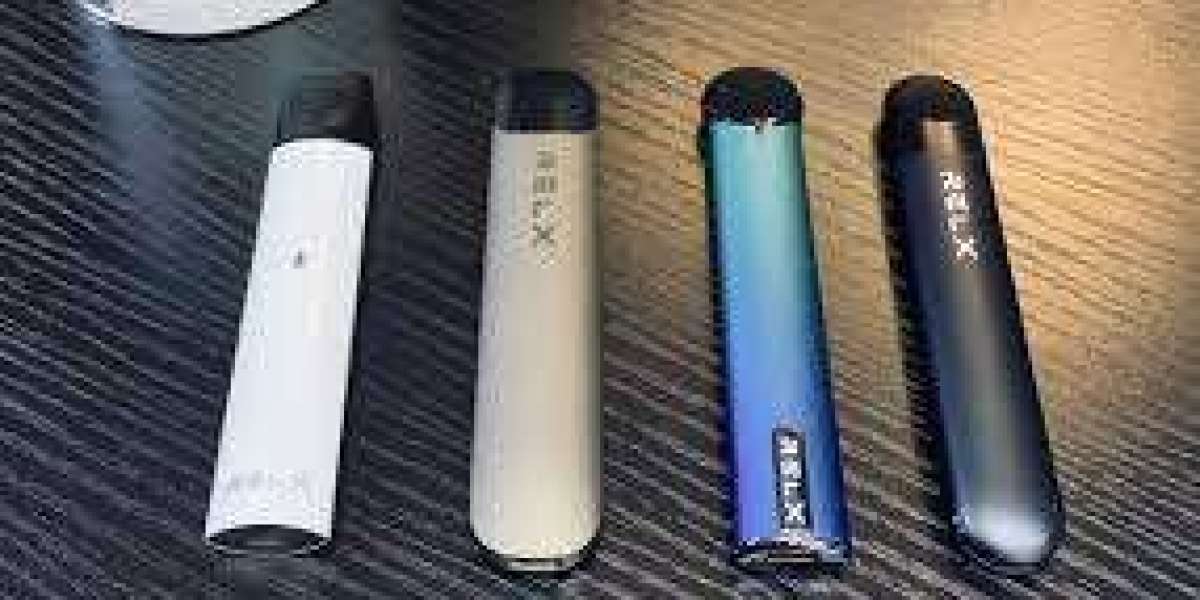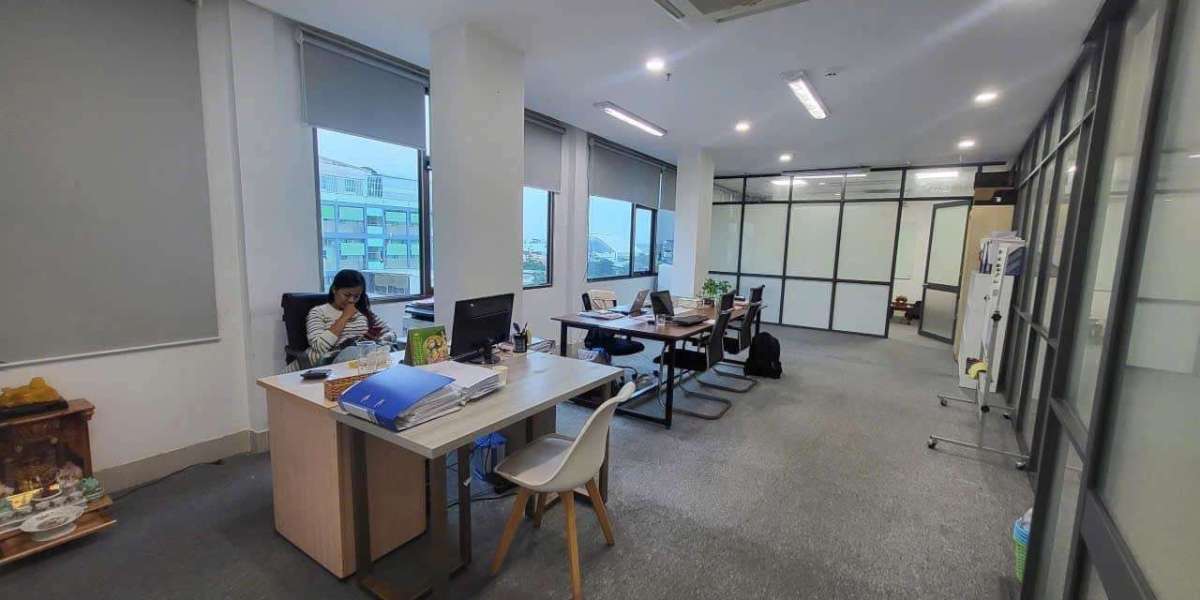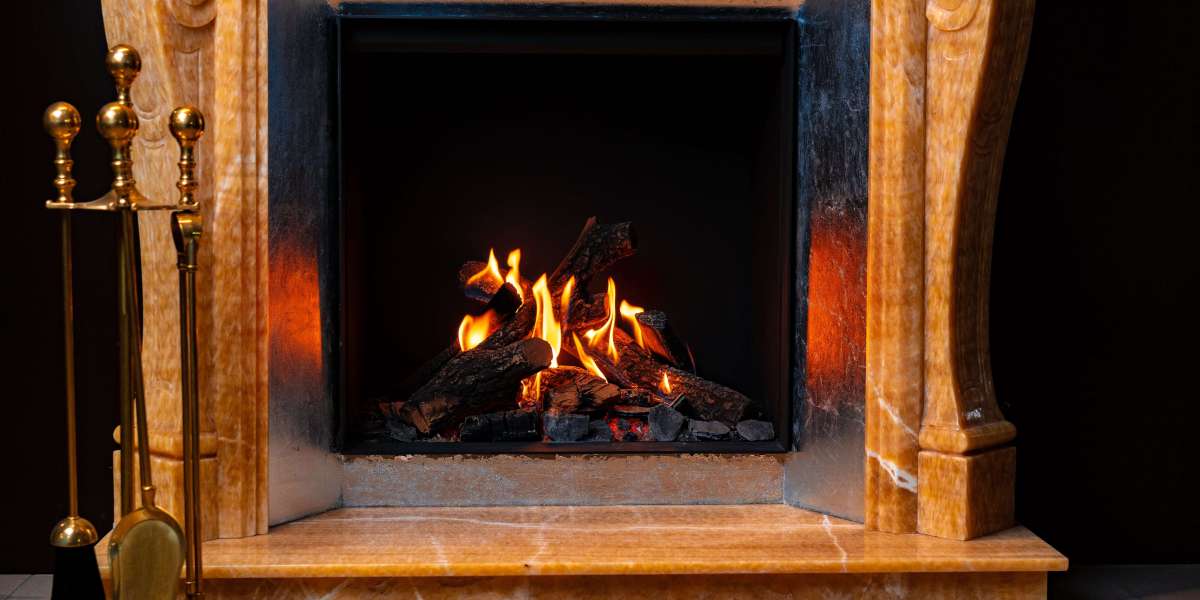
Indonesia insists B40 biodiesel execution to proceed on Jan. 1
Industry individuals seeking phase-in duration anticipate gradual intro

Industry deals with technical obstacles and cost concerns
Government financing problems develop due to palm oil rate disparity
JAKARTA, Dec 18 (Reuters) - Indonesia's strategy to expand its biodiesel required from Jan. 1, which has sustained issues it could curb international palm oil materials, looks progressively likely to be implemented slowly, analysts said, as market individuals seek a phase-in period.
Indonesia, the world's biggest manufacturer and exporter of palm oil, prepares to raise the mandatory mix of palm oil in biodiesel to 40% - called B40 - from 35%, a policy that has actually activated a dive in palm futures and might push prices further in 2025.
While the federal government of President Prabowo Subianto has said consistently the strategy is on track for complete launch in the new year, market watchers say expenses and technical obstacles are most likely to result in partial application before complete adoption throughout the sprawling island chain.
Indonesia's greatest fuel seller, state-owned Pertamina, said it requires to modify a few of its fuel terminals to mix and keep B40, which will be finished during a "shift duration after government establishes the mandate", representative Fadjar Djoko Santoso told Reuters, without offering details.
During a meeting with government officials and biodiesel producers last week, fuel sellers requested a two-month transition duration, Ernest Gunawan, secretary general of biofuel manufacturers association APROBI, who was in participation, told Reuters.
Hiswana Migas, the fuel merchants' association, did not immediately react to a request for remark.
Energy ministry senior main Eniya Listiani Dewi informed Reuters the mandate hike would not be carried out gradually, which biodiesel producers are ready to supply the greater blend.
"I have actually validated the preparedness with all manufacturers recently," she said.
APROBI, whose members make fat methyl ester (FAME) from palm oil to be mixed with diesel fuel, said the government has not released allocations for manufacturers to offer to fuel sellers, which it usually has actually done by this time of the year.
"We can't perform without order documents, and purchase order documents are obtained after we get agreements with fuel companies," Gunawan told Reuters. "Fuel business can only sign agreements after the ministerial decree (on biodiesel allotments)."
The government plans to assign 15.62 million kilolitres (4.13 billion gallons) of FAME for B40 in 2025, Eniya informed Reuters, less than its initial quote of 16 million kilolitres.
FUNDING CHALLENGES
For the federal government, moneying the greater blend could also be a difficulty as palm oil now costs around $400 per metric heap more than crude oil. Indonesia utilizes proceeds from palm oil export levies, handled by a firm called BPDPKS, to cover such spaces.
In November, BPDPKS approximated it needed a 68% increase in subsidies to 47 trillion rupiah ($2.93 billion) next year and estimated levy collection at around 21 trillion rupiah, fuelling market speculation that a levy hike is impending.
However, the palm oil market would object to a levy walking, stated Tauhid Ahmad, a senior expert with think-tank INDEF, as it would hurt the industry, including palm smallholders.
"I think there will be a delay, because if it is executed, the subsidy will increase. Where will (the cash) come from?" he said.
Nagaraj Meda, handling director of Transgraph Consulting, a product consultancy, said B40 application would be challenging in 2025.
"The application may be sluggish and steady in 2025 and most likely more hectic in 2026," he stated.
Prabowo, who took office in October, campaigned on a platform to raise the mandate even more to B50 or B60 to achieve energy self-sufficiency and cut $20 billion of annual fuel imports. ($1 = 16,035.0000 rupiah) (Reporting by Bernadette Christina; Editing by Tony Munroe and Lincoln Feast.)








